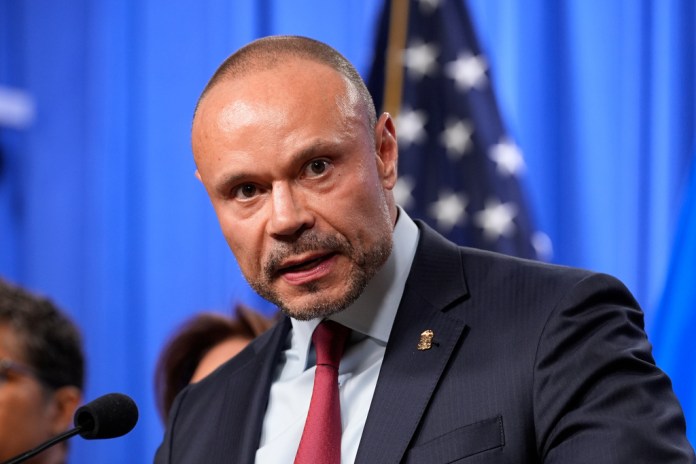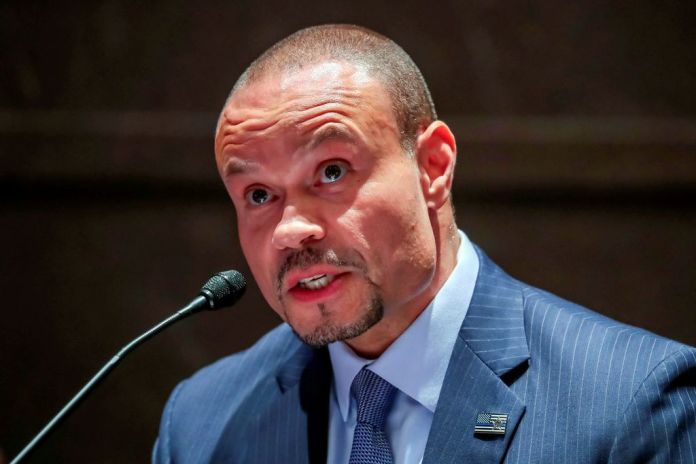Europeans Dial Back Heating in Response to Calls to Save Energy
By Thomas Escritt
BERLIN, (Reuters) – Europeans are lowering their heating this winter. This is apparently in response to calls from the government to conserve energy during the Ukraine crisis. Some Europeans waited almost a month before turning on the heat and set the temperature lower.
This data is based on hundreds of thousands smart thermometers that were installed in homes across Europe by Tado. It shows that households responded to severe warnings about rising heating costs as temperatures fell.
These smart thermometers are becoming more popular with European businesses and individuals. They allow them to monitor how much gas they use. These thermometers can sometimes be connected to the tariff structure of an electricity provider in order to smooth out demand and lower peak costs. These are now required for new constructions in Germany.
On November 28, 2022-23 the European winter saw 90% of all homes have heating on. This threshold was already reached in three previous years on November 28, 2022-23, by the proportion of homes with heating switched on across Europe. Data from Tado, one of many companies that are active in the growing smart thermometer market, shows.
German public officials reduced the temperature of their offices to a cold 19 degrees. Staff were provided blankets to wrap in at the Frankfurt an der Oder university, which is located near the Polish border.
Tado’s data indicates that households have also reduced their spending.
The data shows that heating settings for homes averaged nearly a degree less this winter than previous years.
Energy regulators have become more comfortable with the prospects of Europe’s gas supply after a stressful time.
“With savings, gas inflows, good storage levels, we are very, very optimistic that we will no longer have to worry about a gas shortage this winter,” German network regulator Klaus Mueller announced Tuesday, having previously told consumers to make severe cuts to prevent serious disruptions.
The EU imports 80% gas from Europe. According to EU data, gas makes up 22% of Europe’s energy use and provides 32% of the energy requirements of European households.
However, there have been significant efforts to decrease dependence on Russian gas and increase imports of European gas producers such as Norway and the Netherlands. Germany has also quickly constructed LNG terminals.
Europe’s gas prices have dropped sharply since their August peak, due to the rush to fill storage.
DUTCH STOICISM
Tado’s data is based on readings of 340,000 smart thermometers linked to the cloud around Europe. It records the target temperatures households have set.
These data show variations across regions, but also a clear direction. On average, Dutch households have reduced the target temperature by 0.99 degrees Celsius compared to a year earlier. Spanish consumers have cut their targets by 0.29 degrees.
In Britain, 79.6% tado-linked houses lowered the temperature, while in Norway, only 47% did. The temperature settings in Norway fell by 0.2 degrees Celsius, to 20.8 degrees, while the temperatures in Britain dropped by 1 degree, to 18.3 degrees.
The European governments, including Germany have contributed billions of euro to assist people and businesses with high energy bills.
Tado has 3,000,000 thermometers. However, it is difficult to make comparisons between thermostats that have been placed in the same spot for more than four years. Only 10% can be used for data.
You can also use a “wealth effect”. The demographic in Western Europe where thermometers can be installed is very diverse.
This data is less representative of countries in Eastern Europe where smart thermostats are more common. Average temperature drops of Tado customers in Bulgaria were 0.28%.
“Some 79% of energy consumption in a private home is heating and hot water,” Christian Deilmann is Tado’s Managing Director. “The TV, cooking and lighting aren’t so important: the important thing is to have the heating and hot water under control.”
German regulators worry that customers will be less concerned about conserving energy due to the current low gas prices. Tado’s data does not indicate if household energy discipline is decreasing.
“We have to start thinking about 2023/24,” On Tuesday, Mueller, Germany’s regulator, tweeted. “We have to keep saving gas, being more energy efficient, build out renewables and fill storage.” (This story has been updated to correct the year 2021-22 to 2022-23 as per paragraph 4)
(Reporting By Thomas Escritt. Editing by Jane Merriman
" Conservative News Daily does not always share or support the views and opinions expressed here; they are just those of the writer."




